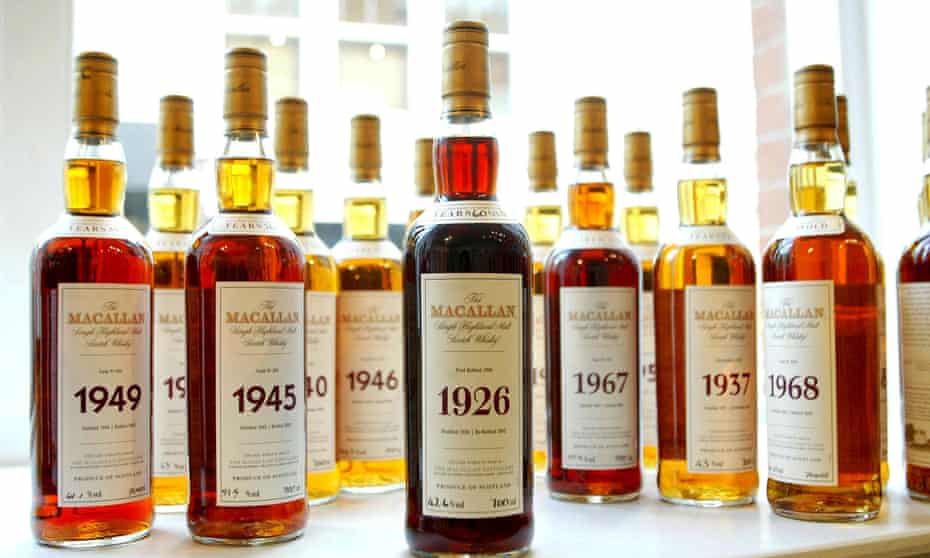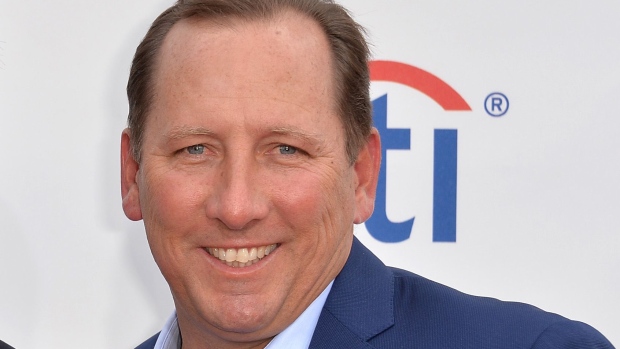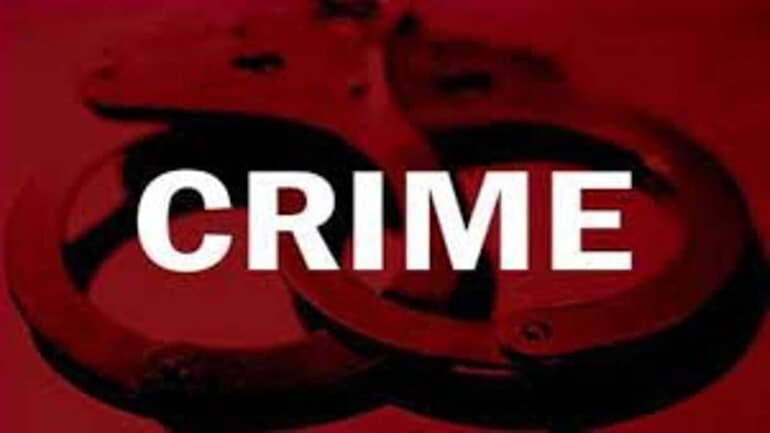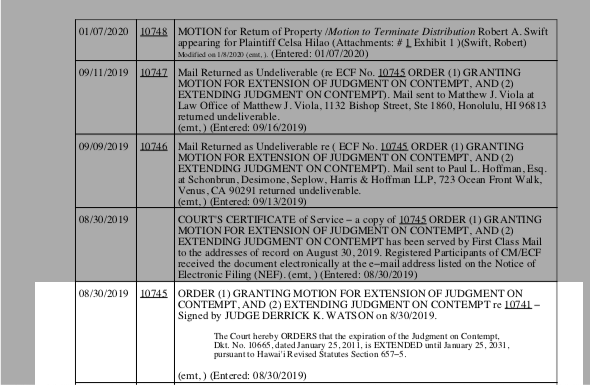As things fall apart, the super-rich spend $2m on whisky. We need a wealth tax

You may need a stiff drink to believe this. Last October, a new record was set: a cask of Macallan 1991 whisky sold for a cool $2.33m. At least this was an entire cask of premium liquor: earlier last year, a luxury case of 30-year-old Irish malt featuring a gold Fabergé egg was auctioned off for $2m, only slightly more than a single bottle of scotch at the end of 2019.
Is whisky really worth 2m big ones? As any economist will tell you, the value of something is determined by how much someone is prepared to pay for it, and all that money sloshing around at the top has to go somewhere. The crises of our time have been kind to the uber-rich: while British workers have suffered a near unprecedented squeeze in their wages, the richest 1,000 people saw their fortunes double in the first seven years after the financial crash. Covid has proved little different: Britain produced a record number of new billionaires in the pandemic, while their US counterparts enjoyed almost a two-thirds jump in their wealth during the first 18 months of the crisis. At $4.8tn, the combined fortunes of US billionaires are almost equivalent to the size of the entire Japanese economy.
It’s not just expensive bottles of whisky attracting the wallets of the thriving mega-rich. When the Chinese billionaire Cheung Chung-kiu snapped up a 62,000 sq ft mansion in Hyde Park for a cool $275m back in 2020, he understandably wanted to make sure it was just right, so last year he commenced a renovation estimated to cost nearly as much as the original asking price. Last year, 11 Picassos were auctioned off in Las Vegas for $100m, while a 1958 Ferrari found a new home in exchange for $6m.
Perhaps such ludicrously expensive items will provoke baffled shrugs.Wealthy people splash their seemingly limitless fortunes on frivolous items with extortionate price tags – so what? Sure, it’s a symptom of the growth in wealth inequality since the 1980s, encouraged by the decline in progressive taxation, the deregulation of finance, the shattered power of trade unions, diluted antitrust legislation, and the rise of large quasi-monopolistic businesses such as Facebook and Amazon. No, a hyperactive work ethic and dazzling entrepreneurial acumen does not explain the explosion in billionaires’ wealth during the pandemic: no-strings government help for businesses and quantitative easing policies that drove up asset prices are more plausible explanations. And, yes, watching the wealth collectively produced by the hard graft of billions of people hoovered up by a select few is undoubtedly a moral affront. But does it matter?
The simple answer is yes. Buying whisky for $2m doesn’t simply underline an inverse correlation between money and sense on the part of the super-rich: it represents the red lights flashing on the dashboard of an entire economic model. Gary Stevenson should know: formerly Citibank’s most profitable trader, he made millions betting against economic recovery after Lehman Brothers detonated in the heart of the financial sector. Among the bigwigs of big finance, the consensus was that near-zero interest rates were an extraordinary measure that would be soon reversed as the economy recovered.
But Stevenson was a dissenter: he believed the continued parlous state of the economy would halt any interest rate hikes. The reason? Because when ordinary people receive money, they spend it, stimulating the economy, while the wealthy tend to save it. But our economic model promotes the concentration of wealth among a select few at the expense of everybody else’s living standards. If working-class people don’t have the money to spend, they won’t; and as they’re plunged into debt simply to cover their families’ cost of living, consumer demand is sucked out of an economy based upon it. In an amusing paradox, Stevenson’s belief that inequality was crippling the economy literally made him millions.
As Stevenson emphasised, the super-rich tend not to invest all that hoovered up wealth into productive parts of the economy: they instead throw it at property or, yes, $2m bottles of whisky, driving up asset prices. “What you have to understand is that saving is not the same as investing,” the chartered accountant Richard Murphy says. “Investment is the creation of new capacity to undertake economic activity, which is almost universally funded by new bank loans. It’s very rarely funded by share capital, except generally with very small microbusinesses.” The entire economy has been designed to funnel wealth generated by the team effort of millions into the bank accounts of a tiny few, whose whims and hobby horses have no social value whatsoever.
While many people have experienced bereavement, loneliness and insecurity during the pandemic, Covid-19 has proved just the latest lucrative boon for billionaires’ wealth portfolios. And that’s why an economic case – rather than simply a moral case – for a wealth tax desperately needs to be made. All that wealth could play a pivotal role in the post-Covid recovery. It could be put towards drastically expanding the capacity of the NHS, ventilating all schools and businesses, and funding the transition to a green economy. Instead, a tiny elite are clocking up many more billions just by sitting on their assets, frittering wealth away on $2m bottles of whisky featuring gold Fabergé eggs. It’s not simply immoral: it’s utterly irrational.
Owen Jones is a Guardian columnist









